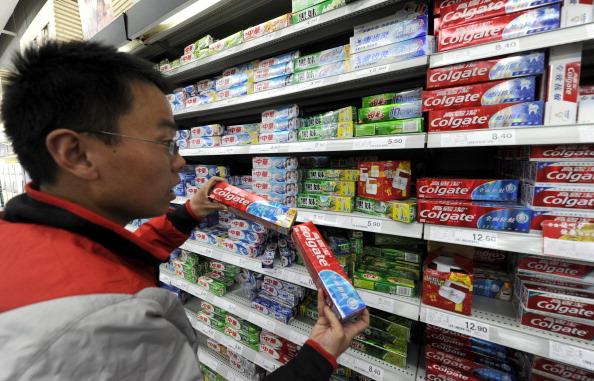China’s biggest shopping festival is just around the corner. Celebrated on Nov. 11, it is also known as Singles’ Day—a day when single people find comfort for their lonely hearts by hanging out with friends or engaging in some retail therapy. In recent years, it has become more about the shopping frenzy, slowly but surely becoming a global phenomenon.
With online retailers offering big discounts to entice customers, customers are willing to dig deep into their pockets during the festival. For instance, Alibaba, China’s biggest online retailer, saw sales reach US$14.3 billion and US$17.8 billion in the span of just 24 hours, in 2015 and 2016 respectively, according to the MIT Technology Review. However, the festival has been mired with scandals in the past: stories of fake or substandard products, or retailers intentionally jacking up the price just before offering a steep discount.





